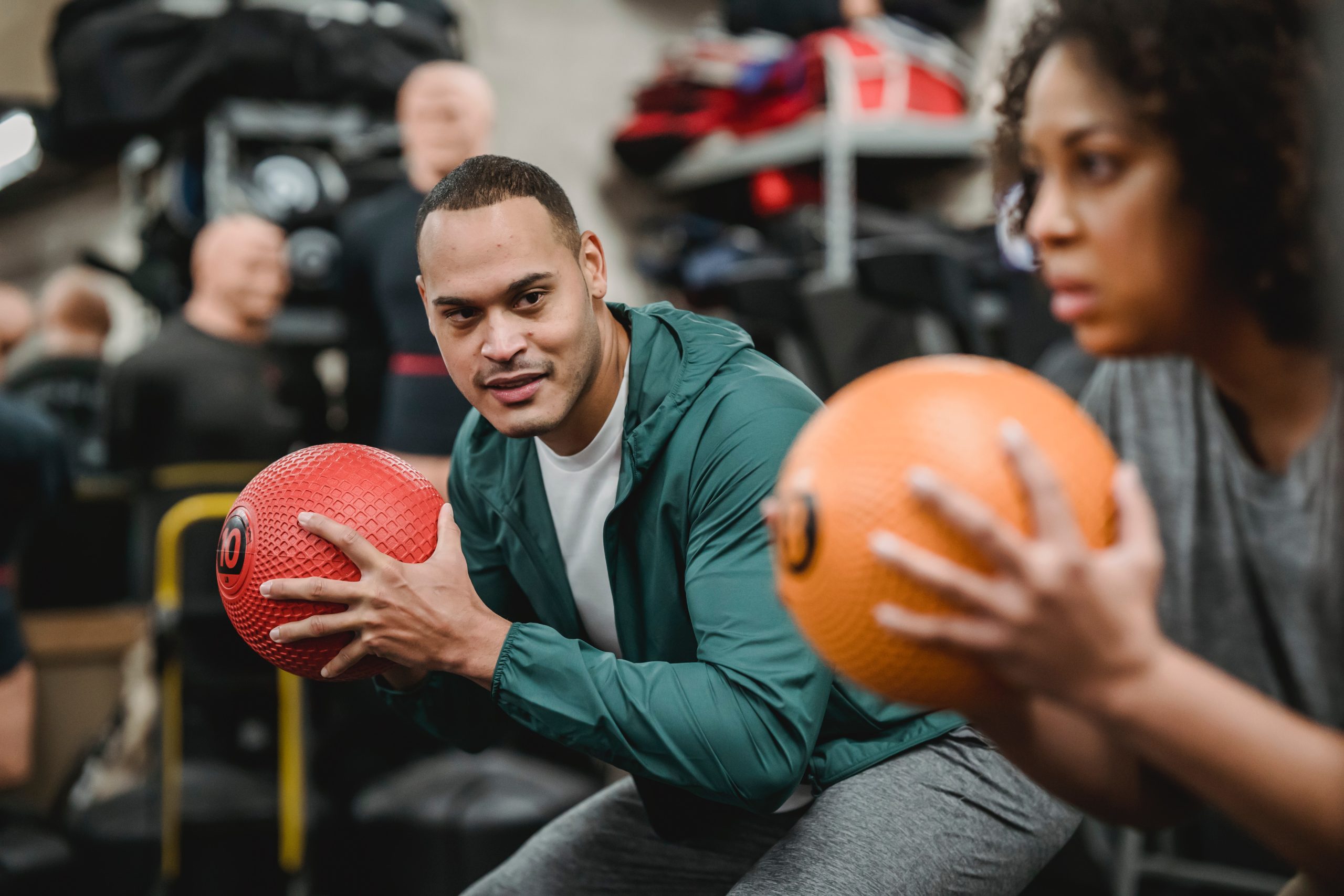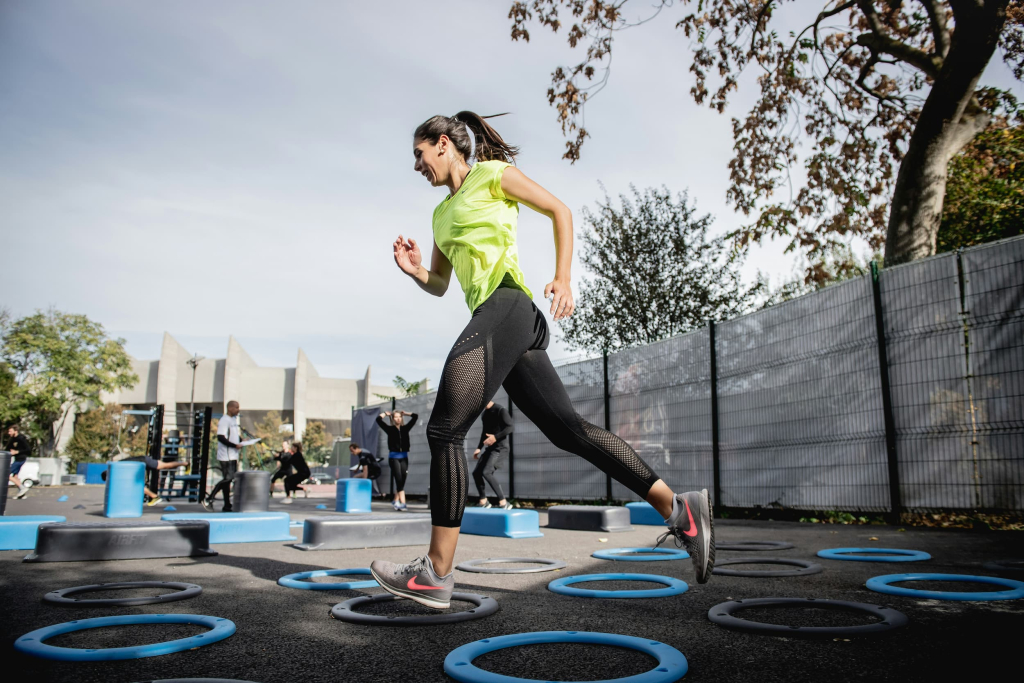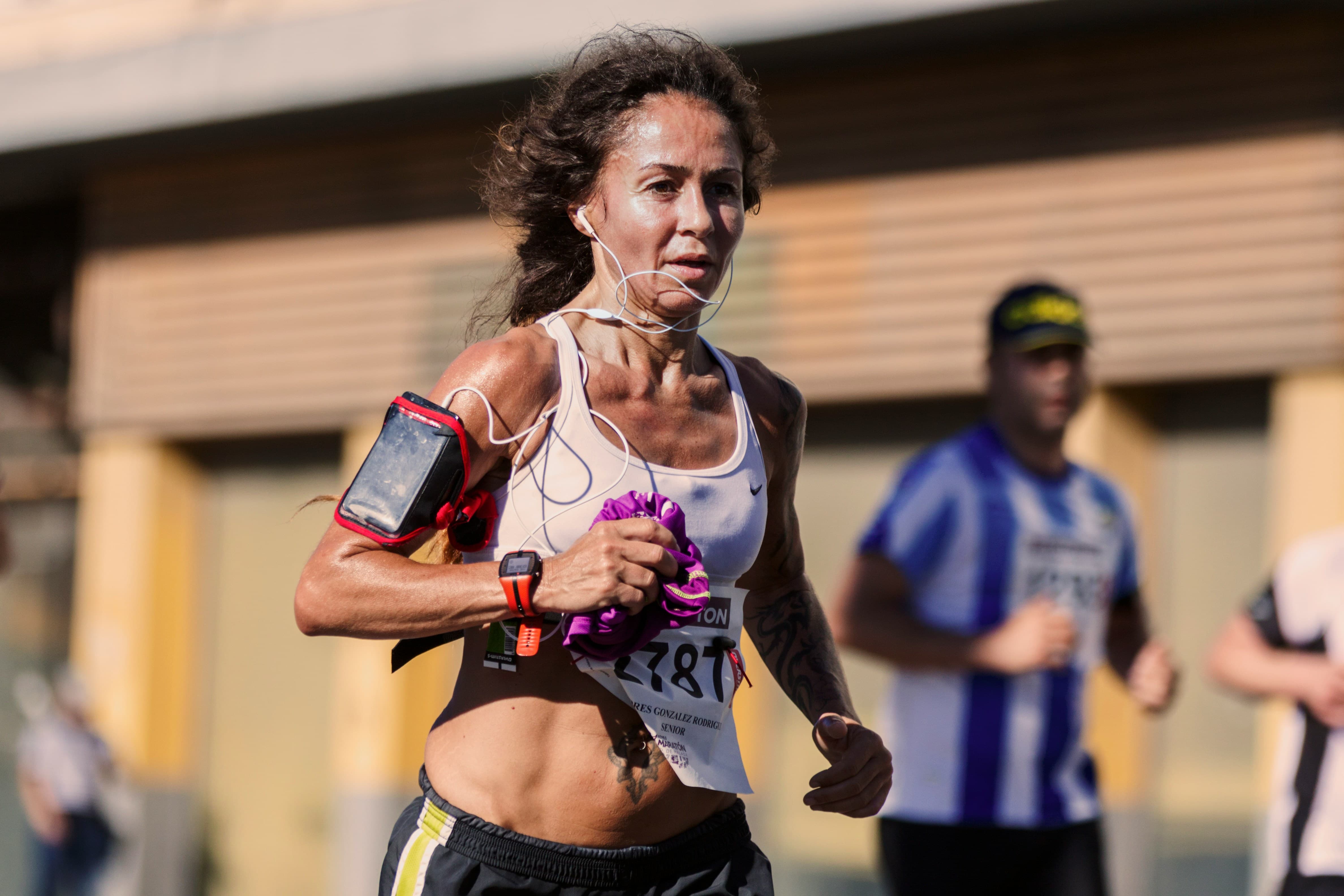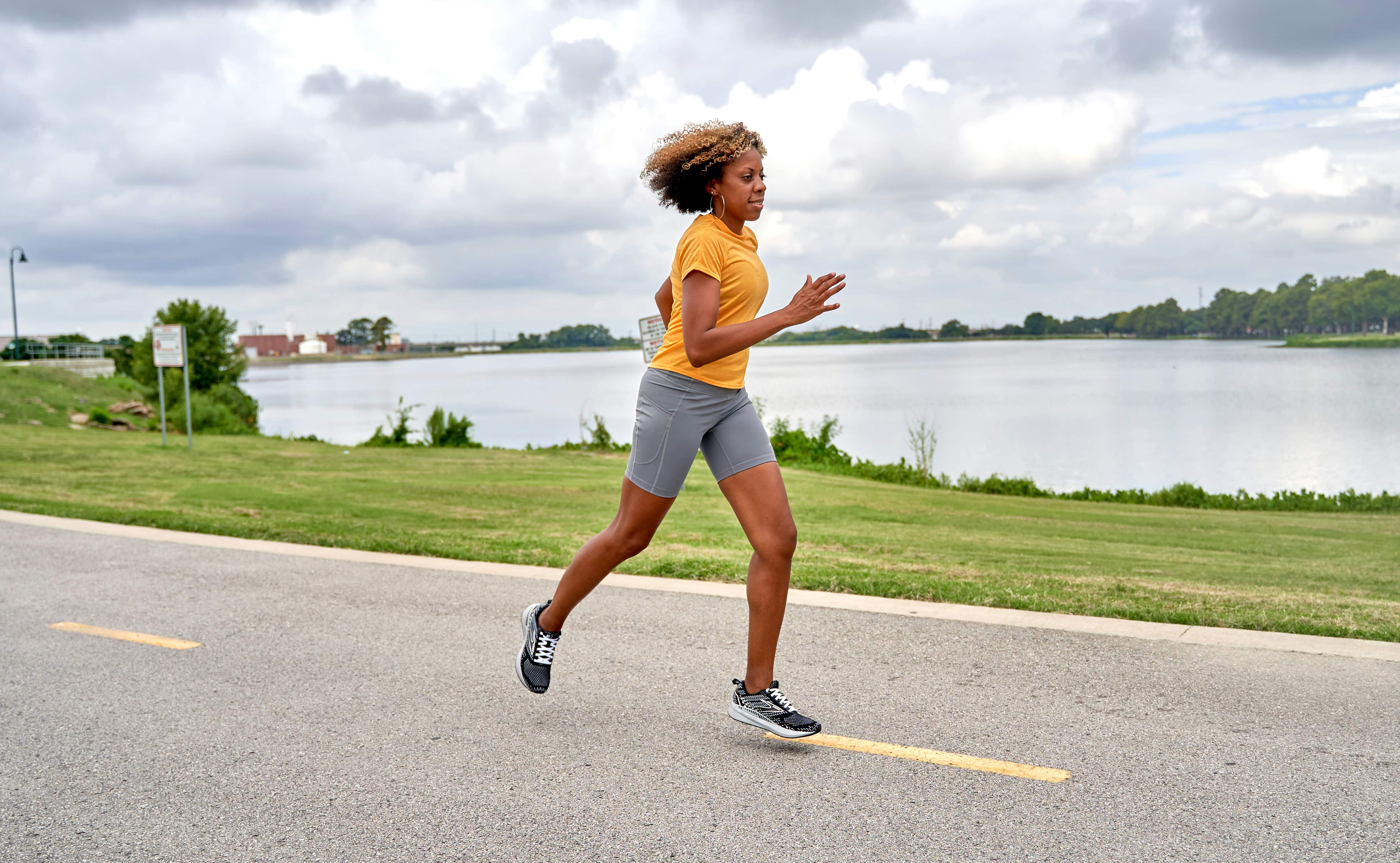What is reaction?

The reaction, in the context of physical activity, refers to the time it takes for an individual to respond to a given stimulus, such as a signal or a sudden change in the environment during sport or exercise. It is measured from the onset of the stimulus to the initiation of the motor action in response to it.1
Why is reaction important?

Your reaction speed is significant for health because it determines performance levels in various sports and daily activities that require quick reflexes. Good reaction speed may contribute to better coordination and injury prevention by enabling individuals to respond promptly to potential hazards.1
How to improve your reaction?

To enhance reaction speed for health benefits, one could follow these recommendations:
1) Warm-up with dynamic exercises to prepare the neuromuscular system for activity.
2) Practice specific drills that mimic the cognitive and motor demands of the activity or sport. This may include changing directions rapidly in response to visual or auditory signals.
3) Incorporate plyometric exercises that involve explosive movements, such as box jumps or medicine ball throws, to improve neuromuscular responsiveness.

4) Engage in short, high-intensity interval training (HIIT) to improve both speed and cardiovascular fitness.
5) Cool down with stretching to maintain flexibility and reduce the potential for muscle soreness.
When implementing activities to improve reaction speed, it is vital to ensure proper technique to minimise injury risk, and gradually increase intensity and complexity of drills to prevent overtraining.






